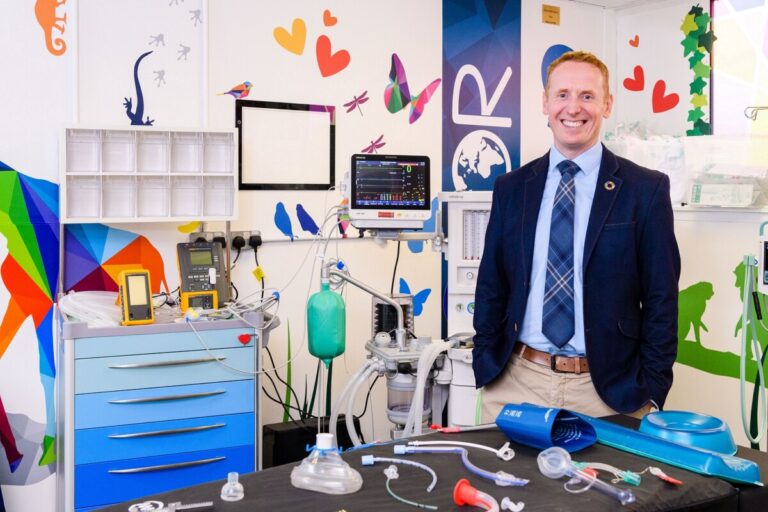Guidance published for safe donations of medical equipment

With a World Health Organisation report recently revealing that 70% of medical equipment is never put towards its intended use, guidance has been created on how to safely donate it.
The guidance has been created by new coalition in Scotland, the “Short Life Working Group” (SLWG), which involves the NHS, The Scottish Government and Scottish global health charity Kids Operating Room (KidsOR).
Reviewing current guidelines, SLWG identified that common issues with donations include incompatible plugs and power supplies, equipment that has no local supplier for disposables, is too technical or basic for the setting – or simply doesn’t work by the time it arrives.
Advertisement
The group also found that while there is a wealth of advice available on donating however it is not easily accessible, both in terms of finding and consuming – especially for smaller organisations.
The group produced a 10 step journey to safe medical equipment donations, endorsed by KidsOR and the Scottish International Development Alliance, which takes donors through making a donation and signposts to key guidance. Important steps include communication with overseas partners, technical expertise, correct documentation for customs and transportation logistics and consideration of ongoing maintenance requirements.
While the 10 Step Guide focuses on the donation of medical equipment, the coalition believes the key messages are also applicable to other types of donated equipment e.g. consumables, rehabilitation and
therapeutic equipment.
Alongside the guidance, it has also produced a report reviewing standards required for donations of medical equipment to Low- and Middle-Income Countries (LMIC).
Professor Sir Gregor Smith, Chief Medical Officer for Scotland, said:
“Scotland aims to be a good global citizen with our expertise already helping support care for patients around the world. Safely donated medical equipment can be an important part of that, but dealing with donated goods comes with risks and difficulties.
“The 10 Step Guide will make sure we are at the forefront of best practice where the donation of
equipment can be done safely and effectively. It will also encourage potential donors to consider
alternative forms of support where this is more appropriate.”
The guide has been tested with stakeholders from across a range of partners including members of the Scottish International Development Alliance and the NHS Scotland Global Citizenship Programme.
David Cunningham, Chief Executive at KidsOR, said:
“Donated medical equipment is often at the heart of patient care in many hospitals across LMIC and Scotland is leading the way on this global issue. Safely donated medical equipment can save lives and give health professionals the tools they need to deliver quality care however, it can be complex and dealing with donated goods comes with risks for both the donor and recipient.
“The newly published 10 Step Guide provides a clear roadmap through the important considerations
for a safe and effective donation. The guide will support anyone wishing to donate equipment to a low-resource setting, helping ensure that, especially as the pandemic moves behind us, Scotland can continue to support our friends and partners around the world in the safest way possible.”





